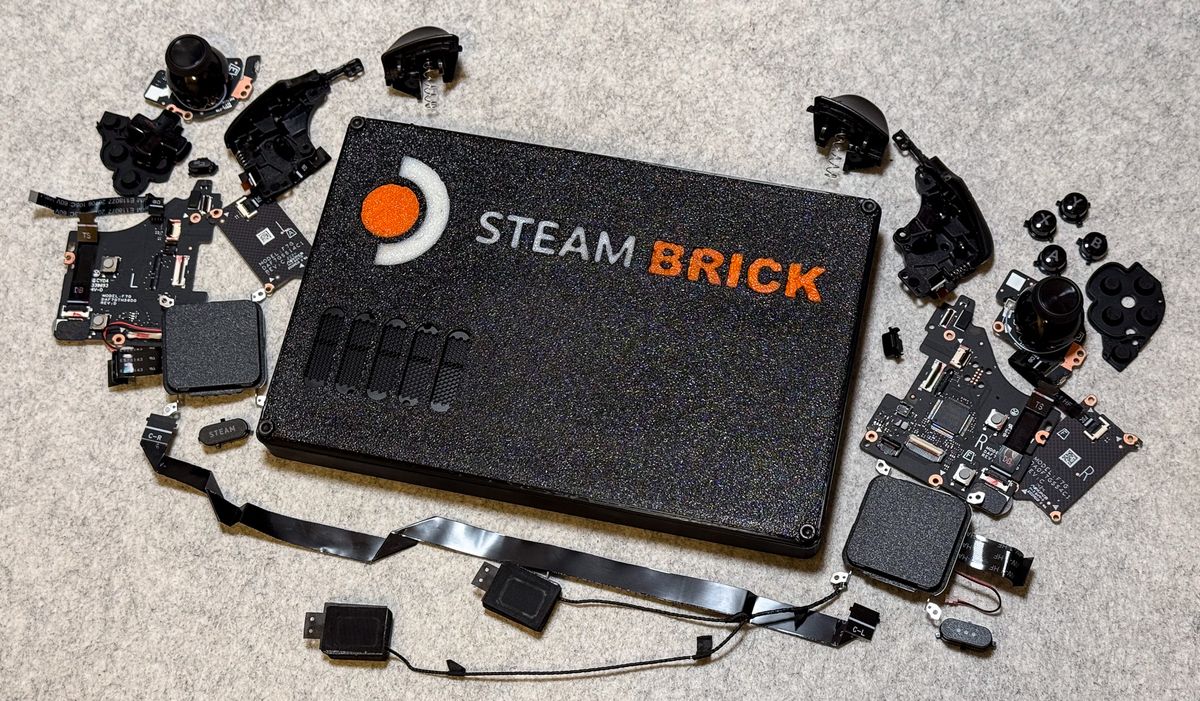GameSpot may receive revenue from affiliate and advertising partnerships for sharing this content and from purchases through links.
The Consumer Financial Protection Bureau (CFPB) is looking for feedback from players as it proposes a new rule revolving around in-game currencies and transactions that would allow the current Electronic Fund Transfer Act (EFTA), and the protections it grants to consumers, to apply to certain video game companies.
Historically, the EFTA has been used to protect consumers from unauthorized transactions and requires financial institutions to fix errors and investigate and correct illicit transactions. The CFPB wants some of those same rules to apply to game companies whose products resemble "consumer asset accounts" that allow for converting in-game currency or goods into real money.
Under that interpretation, new regulations would apply to games like Roblox (which allows users to convert Robux into US dollars) and not games like Fortnite, where in-game currency and goods can be purchased but can't be converted into real cash or exchanged between players. It would also likely apply to platforms like Steam, where users can sell in-game goods like weapon skins and other cosmetics for cash.
Despite the distinction, the CFPB is asking players more broadly to share their experiences when it comes to purchasing digital goods and services in-game. It's asking for players to share their stories about issues they've encountered when using in-game currency, the kind of help (or lack thereof) they've received when something has gone wrong, and what protections they would like to see when it comes to protecting their in-game transactions and accounts.
"Every year, Americans spend billions of dollars on video games and virtual worlds," the CFPB writes in its call for feedback and input from gamers. "A large portion of those expenses are purchases of gaming currency that is stored on a player's account and used for in-game transactions, like buying goods and services and person-to-person ("P2P") transfers. As detailed in our report on the financial risks of video games and virtual worlds, the ways in which these gaming currencies and accounts work is evolving rapidly, including to function more and more like banking and payment systems."
The CFPB goes on to state that gaming companies currently operate on the idea of "buyer beware," where users who run into issues converting currency, have their accounts hacked, or have their virtual goods stolen receive little to no help from game companies themselves. Those who encounter issues often have their refunds denied, may be banned from the game associated with their account, or are lost in customer service "doom loops" as they try to find answers, according to the CFPB.
"The proposed interpretive rule clarifies that gaming companies that are subject to the Electronic Fund Transfer Act could violate federal consumer financial law if they fail to address problems gamers have with their accounts," the CFPB writes. "The CFPB invites the public, including gamers, to provide comments and stories to our proposal."
The public will have until March 31 to submit a comment by emailing the CFPB.
"Your contributions will help us shed light on features in the gaming industry that increasingly resemble traditional banking and payment options," the CFPB writes.
Got a news tip or want to contact us directly? Email [email protected]

 2 weeks ago
8
2 weeks ago
8








 English (US) ·
English (US) ·